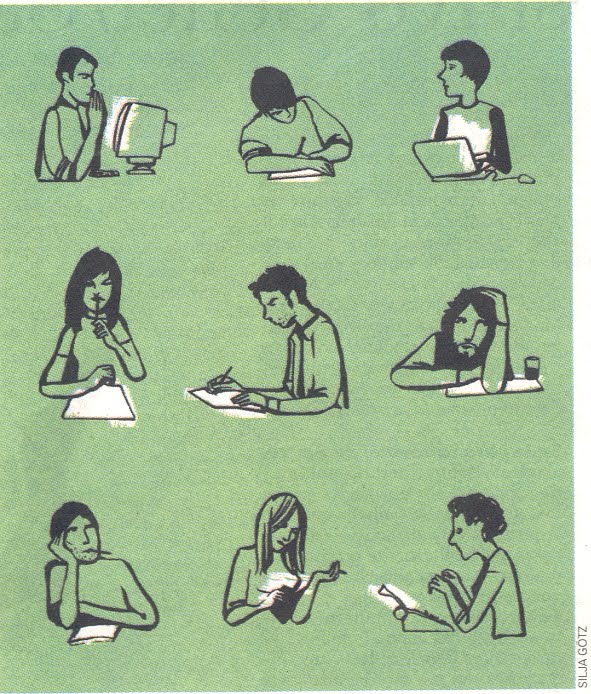How to find a professional translator
The best way to
contact a professional translator is via a national
or international translators' association. They may be able to provide
lists of accredited professional translators who have the language skills and
specialist knowledge you require.
The same associations
often also have lists of reputable agencies. Alternatively, a large number of
translation agencies are listed in paper and online business directories.
In recent years steps
have been taken to develop international
translation quality standards. In May 2006, following close collaboration
with the European Union of Associations of Translation Companies (EUATC), the
European Committee for Standardisation (CEN) published standard EN 15038, which certifies high-quality
translation services. This standard is gaining recognition worldwide and is
reflected in the European Commission's freelance tender specifications. It
regulates not only the translation process itself, but also all other stages,
from the initial specification to delivery of the product.
How to get the best out of translators
1. Find somebody who specialises in translating the kind of text you have from the
source language into the language you need. Translation skills cannot easily be
‘reversed’ to translate the other way round, nor can they be automatically
transferred from one field to another.
2. It helps if you give translators all the reference documents they might need
(such as similar documents translated earlier, technical documentation and
glossaries). This will make for a better result and ensure consistency.
3. Always specify the purpose and target audience
of the translation. (Is it just for information or will it be published? Will
it be used for advertising?) If a translation is going to be published, your
quality requirements will obviously be higher and the translator will have to
check the translation more carefully. If a rough translation has been provided
just for information, always consult the translator before using it for any
other purpose.
4. Allow enough time for translation. Remember that good translators have many
clients – you are not the only one. If time really is of the essence, don't
expect the translation to come cheap: urgent documents cost more. The
technicality of the document and the difficulty of the original language will
affect the time required to translate it.
5. Give feedback
on the translation. Then the next job the translator does for you will be even
better.
How to find a professional interpreter
The best place to
start is by looking on the website of a national
or international association of conference interpreters. They often list
professional interpreters who have the skills you require.
You can also contact
an interpreting agency. They are often listed in business directories. You will have to negotiate the terms and
conditions directly with the interpreter(s).
How to get the best out of interpreters
1. Describe your needs as accurately as possible.
2. Provide background
documents in advance and any relevant information on the topics to be discussed. It is
particularly helpful to send the agenda and the minutes of the previous
meeting. Badly informed interpreters can't produce high-quality work.
3. Organisers of meetings should beware of the
special constraints of interpreting, whatever type is chosen. The basic
prerequisites are good acoustics and
visibility in the meeting room, plus
equipment which meets ISO standards 2603 and 4043.
4. Experience has shown that the communication skills of the
participants are paramount when working in a multilingual meeting. The more
languages used and the more complex the interpretation arrangements, the more
this is true.
5. When you are chairing or speaking in a
multilingual meeting it is useful to think about how to get your message across through interpretation. The interpreters
are there to help the meeting proceed as if everyone were speaking the same
language. For tips to help you get
the best possible quality of communication in your meeting and detailed advice
on how to organise a meeting, to speak and to use new conference facilities,
see the web page http://scic.ec.europa.eu/europa/jcms/j_9/working-with-interpreters.
6. Guidelines
for speakers in webcast events are given on the web page
http://scic.ec.europa.eu/europa/jcms/c_6287/guidelines-for-speakers-in-a-webcastevent.
extract and picture from Translation and interpreting: Languages in action (2009) European Commission, pp. 12-13.


Ningún comentario:
Publicar un comentario